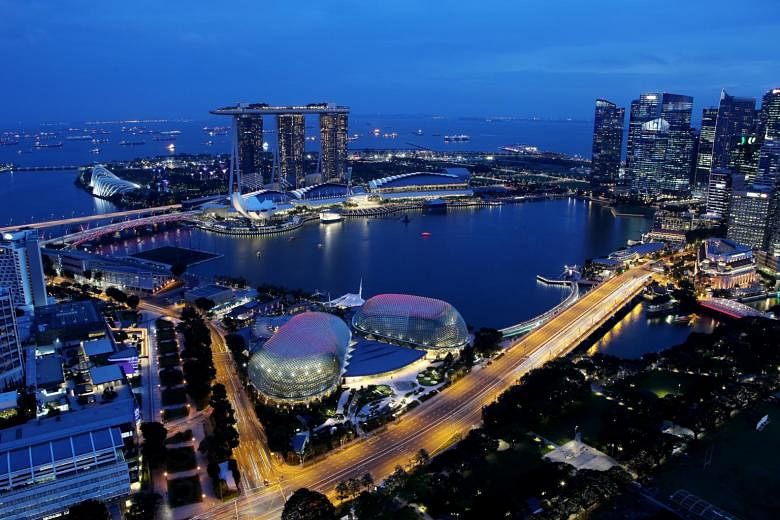The publication in 2015 of the Panama Papers - comprising 11.5 million documents stolen from just one offshore law firm - revealed the murky world of offshore financial centres used by 214,488 offshore entities for tax evasion and to hide corruption and criminal activity.
As the taxman and Interpol continue to track down other ill-gotten gains, the amoral rich and criminals are seeking to move their funds to "safer" jurisdictions and to firms with a better public reputation that are based outside developed countries.
Singapore, with its zero-tax regime on wealth and investment income, as well as its reputation for being clean, is already benefiting from the movement of legitimate offshore wealth. And it has done reasonably well so far in putting in place due-diligence requirements for financial institutions that handle wealth on behalf of both local and offshore entities.
But as the Panama Papers showed, many of the offshore banking, law and corporate services firms are multi-jurisdiction operators with offices in many countries with high financial reputations.
It exposed the inadequacy of the due-diligence policies of many well-known financial institutions, apart from showing that there were no similar regulations applied to the law firms and corporate services firms that are part and parcel of the offshore industry.
It also showed how the legal concept of shell companies could be misused on a mass scale.
The scandal involving 1Malaysia Development Berhad and that of Bank Negara Indonesia in the early 2000s show that Singapore can also be susceptible to shady transactions.
Ultimately, it is the combination of very tight regulation that looks both at the letter as well as the spirit of the law; very strict enforcement and penalties against erring firms and staff; strict regulations governing the registration of these offshore firms and certification of their employees; and restrictions on the kind of fees and bonus schemes permitted for these firms and their employees that can reduce the possibility of a future "Singapore Papers" story.
With significant new private wealth continuing to flow in, it is urgent that Singapore sets world-class standards on the regulation of offshore financial activities.
Rahul Keshav Patwardhan

